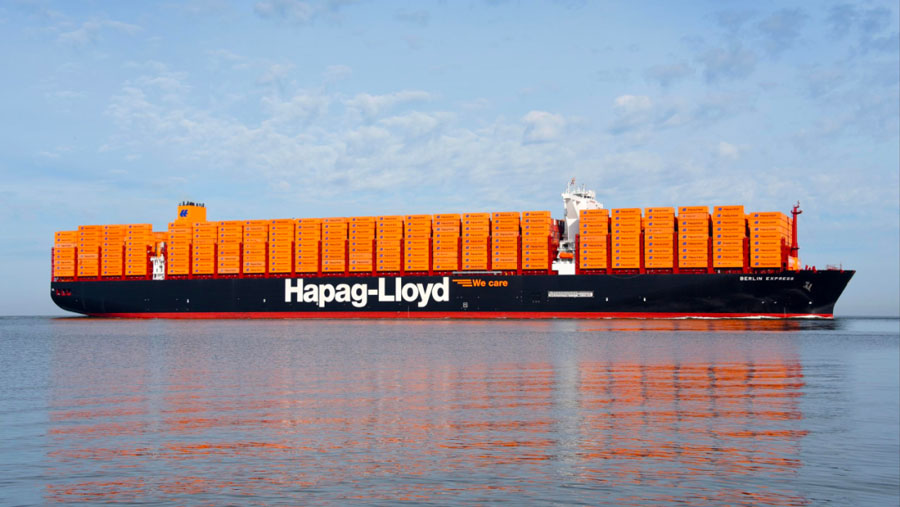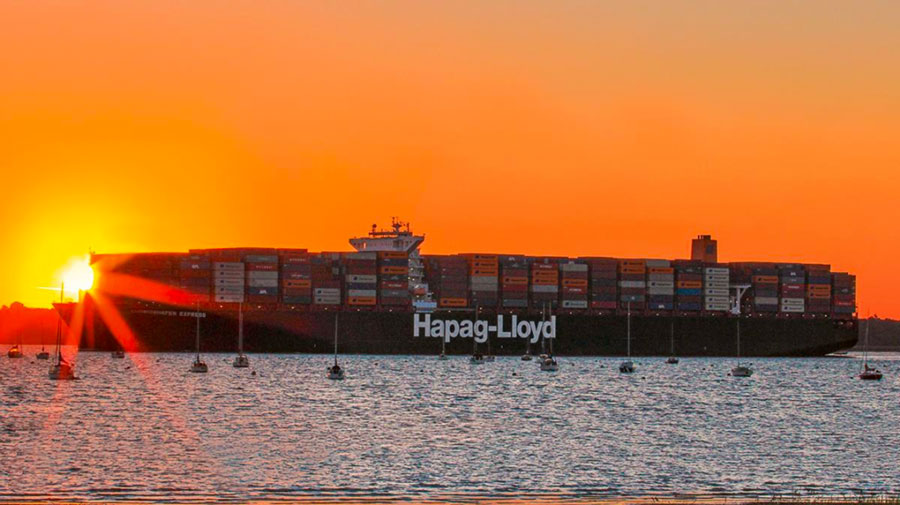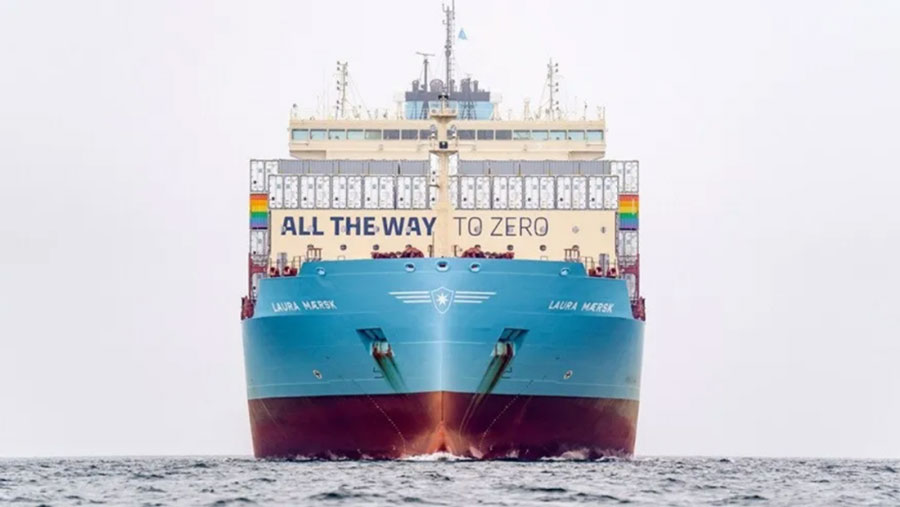

Hapag-lloyd CEO: Gemini Alliance restructuring will "fundamentally" reshape the consolidation industry
Hapag-lloyd CEO Rolf Habben Jansen said the start of Gemini operations with Maersk will significantly improve the quality of Hapag-Lloyd's operations. But first, the alliance realignment would mean that 1,000 ships would have to be redeployed, which is certainly a difficult task.
He noted that the Gemenon partnership would "fundamentally" change Hapag-Lloyd's business.
Service reliability is also expected to improve as operators maintain separate strategies. In particular, the key target for Gemenon is that the on-time rate will be close to 90%, well above the industry average of 51.5% in October 2024.
"We believe this will enable Hapag-Lloyd to make significant progress in terms of quality," he noted.
Ensuring a 90 percent on-time Gemenon rate means that, in practice, shippers can expect 80 percent of their shipments to arrive on time.
There is no doubt that conflicts and geopolitical tensions have exposed the fragility of global supply. In fact, the Red Sea crisis continues, and until further notice, Gemini's route network will continue to circumnavigate Africa, with extensive connectivity through 15 key innovative Hub & Spoke models owned wholly or partly by both companies, in an attempt to isolate disruptions to specific nodes and enhance the resilience of the entire network.
Rolf Habben Jansen said the "vast majority" of cargo would be shuttled to and from key hubs by the two shipping companies' own feeder vessels.
He noted that "only a small percentage of the cargo will be transported by third-party feeder vessels."
By using its own vessels and terminals, the Hapag-Lloyd CEO expects these vessels to be better utilized than they are today and to further reduce costs.
Rolf Habben Jansen expects the Gemenon on-time rate to be close to 90 percent as early as around mid-2025, a key goal of the new alliance.
"We are doing everything we can to have a smooth transition," he said.
"In total, the alliance realignment could mean that around 1,000 ships will have to be redeployed to other routes, which is of course a huge undertaking."
He pointed out that not only Hapag-Lloyd and Maersk ships must be redeployed, but also ships from members of THE 2M alliance and THE Alliance.
In short, the three "new alliances" will redeploy east-west routes and capacity allocation, including Asia-Europe, trans-Pacific and trans-Atlantic routes.
In any case, the redeployment of capacity is expected to improve overall efficiency and will also change port preferences and regional cargo flows. To that end, shippers will have more choice and greater flexibility. At the same time, the fragmentation of global trade and the "inwinding" of new alliances are expected to lead to increased competition on key routes, which will also provide opportunities for smaller regional operators to grab market share on niche routes.

He noted that the Gemenon partnership would "fundamentally" change Hapag-Lloyd's business.
Service reliability is also expected to improve as operators maintain separate strategies. In particular, the key target for Gemenon is that the on-time rate will be close to 90%, well above the industry average of 51.5% in October 2024.

"We believe this will enable Hapag-Lloyd to make significant progress in terms of quality," he noted.
Ensuring a 90 percent on-time Gemenon rate means that, in practice, shippers can expect 80 percent of their shipments to arrive on time.
There is no doubt that conflicts and geopolitical tensions have exposed the fragility of global supply. In fact, the Red Sea crisis continues, and until further notice, Gemini's route network will continue to circumnavigate Africa, with extensive connectivity through 15 key innovative Hub & Spoke models owned wholly or partly by both companies, in an attempt to isolate disruptions to specific nodes and enhance the resilience of the entire network.

Rolf Habben Jansen said the "vast majority" of cargo would be shuttled to and from key hubs by the two shipping companies' own feeder vessels.
He noted that "only a small percentage of the cargo will be transported by third-party feeder vessels."
By using its own vessels and terminals, the Hapag-Lloyd CEO expects these vessels to be better utilized than they are today and to further reduce costs.
Rolf Habben Jansen expects the Gemenon on-time rate to be close to 90 percent as early as around mid-2025, a key goal of the new alliance.
"We are doing everything we can to have a smooth transition," he said.
"In total, the alliance realignment could mean that around 1,000 ships will have to be redeployed to other routes, which is of course a huge undertaking."
He pointed out that not only Hapag-Lloyd and Maersk ships must be redeployed, but also ships from members of THE 2M alliance and THE Alliance.

In short, the three "new alliances" will redeploy east-west routes and capacity allocation, including Asia-Europe, trans-Pacific and trans-Atlantic routes.
In any case, the redeployment of capacity is expected to improve overall efficiency and will also change port preferences and regional cargo flows. To that end, shippers will have more choice and greater flexibility. At the same time, the fragmentation of global trade and the "inwinding" of new alliances are expected to lead to increased competition on key routes, which will also provide opportunities for smaller regional operators to grab market share on niche routes.





